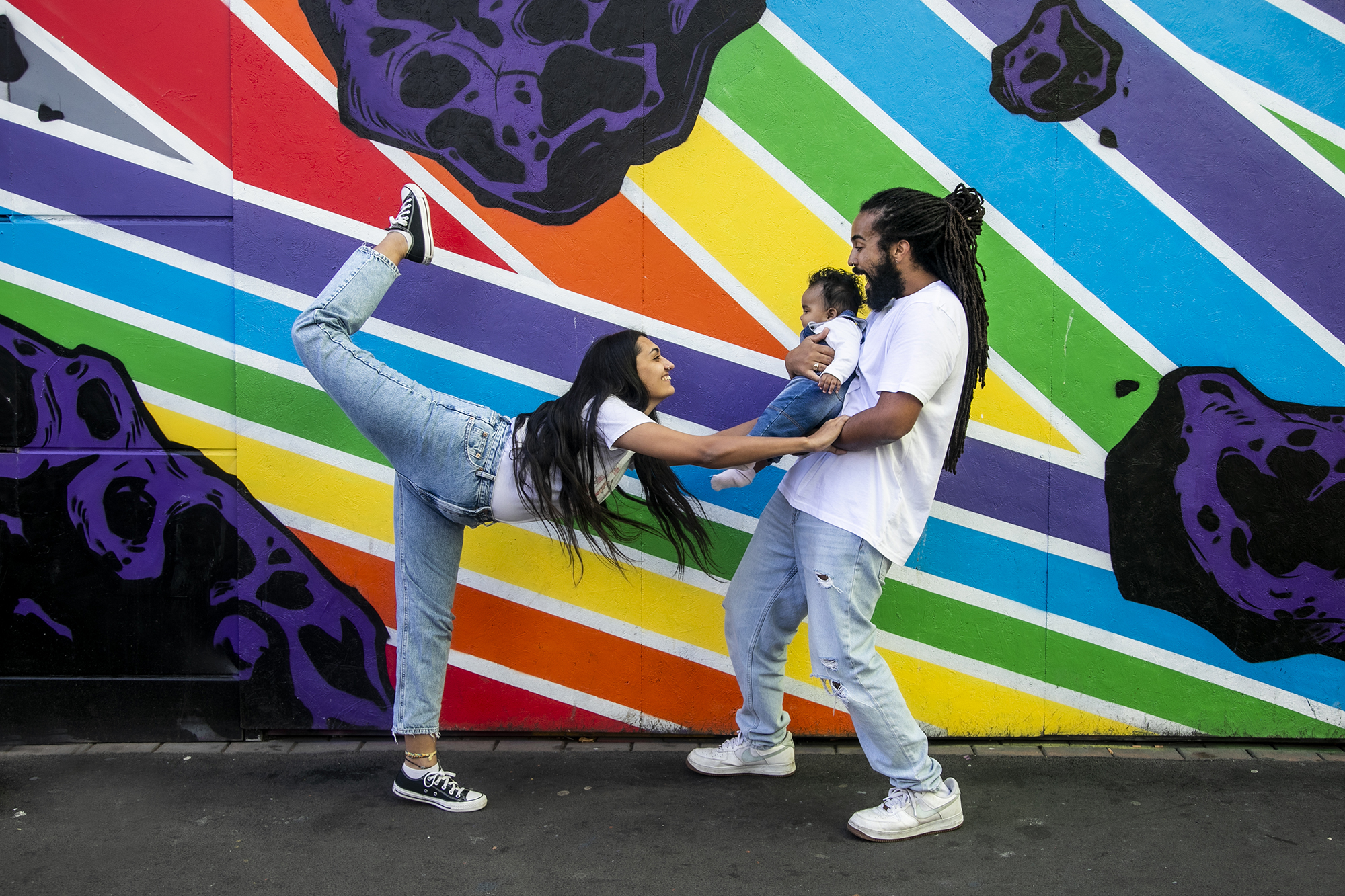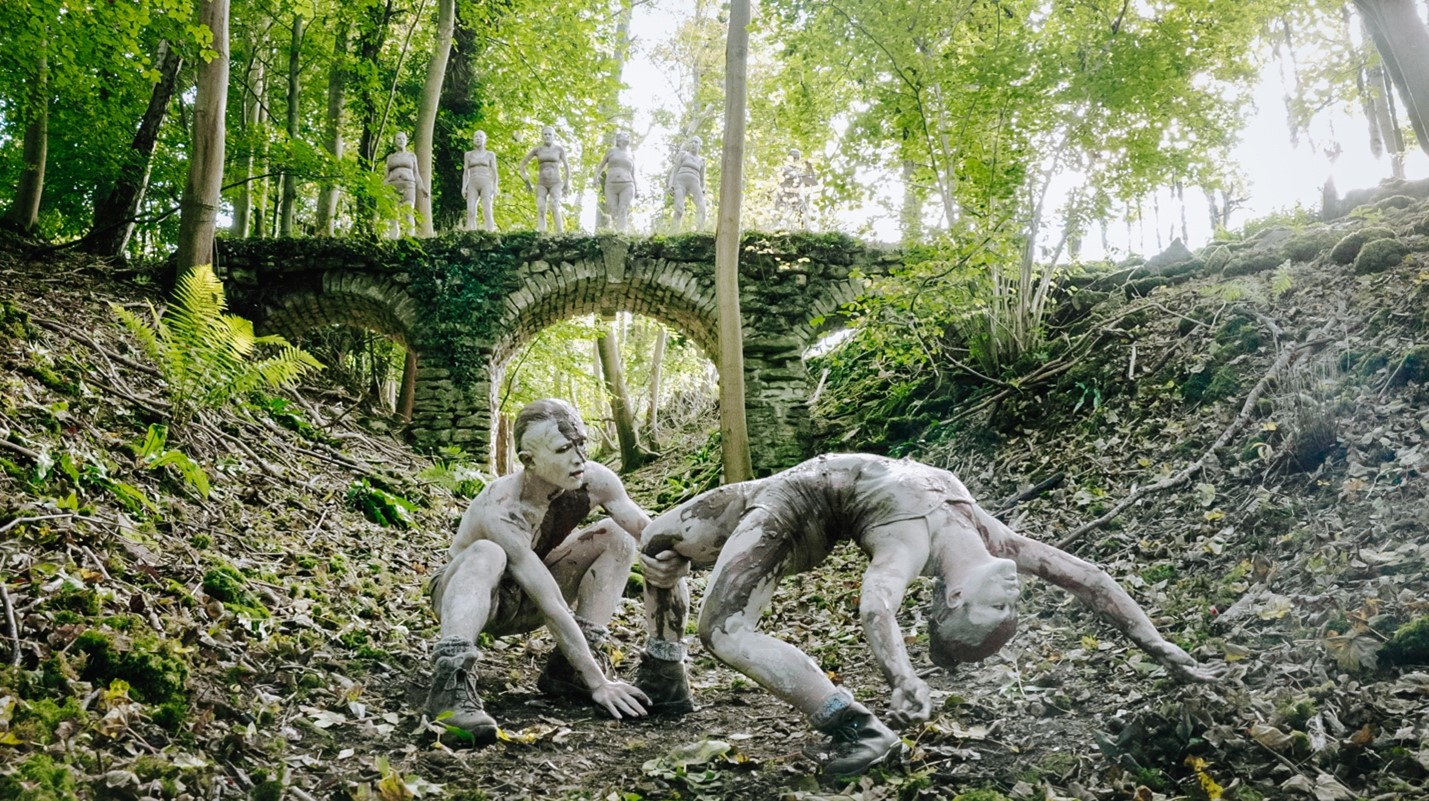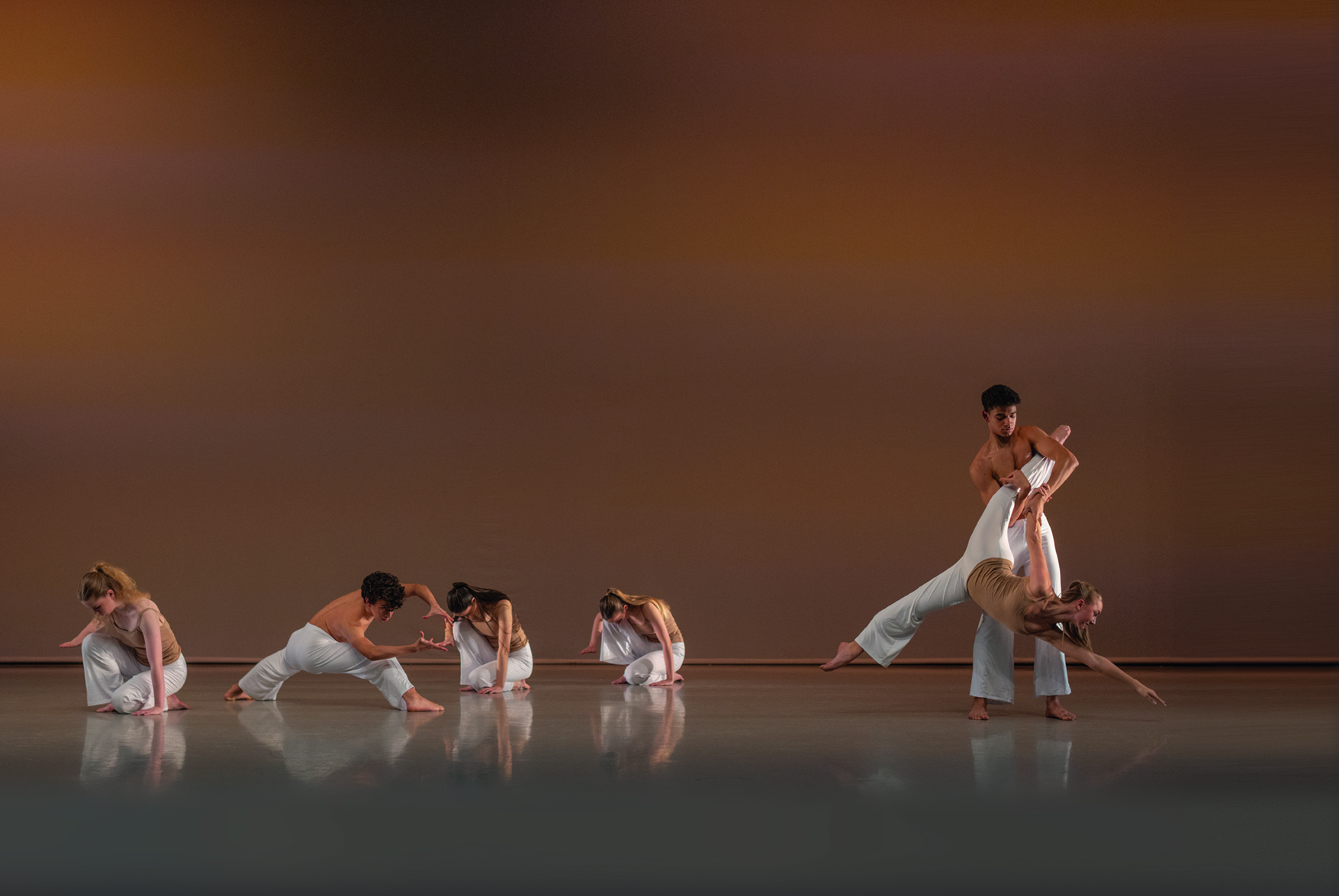NEWS
Urgent call to address challenges faced by freelance parents in the dance profession
Latest research by PiPA reveals risk of injury and exhaustion as new mothers feel pressures to return to work too soon.
Share

The latest research into freelance parents and carers in the dance sector by charity Parents and Carers in Performing Arts (PiPA) and Canterbury Christ Church University, funded by Dance Professionals Fund, found that invisible struggles, particularly faced by mothers in balancing their careers with caring responsibilities, are reaching a critical point.
The qualitative research, conducted by Professor Angela Pickard, was based on focus groups and interviews with 40 freelance dancers and dance artists from different backgrounds and styles within the contemporary dance sector, working for established as well as smaller scale dance companies. Highly concerning trends were identified from the research that are jeopardising the safety and well-being of freelance dancers and dance artists who are mothers.
Key findings include:
- Fear of Discrimination: 71% of mothers reported extensive deliberation before starting a family, fearing repercussions on their careers. Women conceal pregnancies and caring responsibilities due to fear of compromising their reputation in the dance industry. The absence of visible role models perpetuates a lack of awareness and understanding of pregnancy and parenthood in dance, leading to identity crisis and talent drain.
- Returning to Work Too Soon: 75% of mothers in the study returned to work within six months after giving birth, risking physical exhaustion and injury. Financial pressures and fear of losing essential work connections drive new mothers to return to work before they are fully recovered.
- Work & Life Conflict: Two-thirds of mothers reported struggling with work-life balance, leading to occupational stress, and forcing mothers to turn down auditions, projects, and performances.
- Talent Haemorrhage: One in five focus group participants are considering leaving the dance sector
Professor Angela Pickard, who conducted the research comments:
Freelance dancers/dance artists who are mothers, can be impacted physically, psychologically, socially, and financially, during pregnancy, on becoming a mother, and in balancing caring responsibilities with a career in dance. This risks talent loss in the dance industry as dancers/dance artists who are mothers struggle to continue in the profession. This important work contributes to wider conversations within the contemporary dance sector around diversity, inclusion, sustainability and retention for longevity in the profession.
Anna Ehnold-Danailov, Co-CEO and Creative Director, Parents and Carers in Performing Arts who led the research team comments: Through our work with dance organisations, we are aware that there are already great examples of inclusive practices in place. This research confirms this, however, it also highlights that more work is required to normalise pregnancy and parenthood in dance, and enable career continuation, especially for mothers. PiPA is committed to support the sector by sharing our resources and learning, working with employers to find innovative and sustainable solutions. We want to thank the dance practitioners who came forward to share their experiences, as well as the dance organisations working with us to make this sector more inclusive and accessible to parents and carers.
Clemmie Cowl, Executive Director of Dance Professionals Fund, who funded the research, comments: We have been involved in this journey with PiPA since the start of the Dance Best Practice Research Project 2020. We are so pleased to see an important milestone being reached through the publication of this report. Although in some ways difficult reading, it is essential that the lived experience of dancers is given voice, in order that barriers to a dance career are removed.
Andrew Hurst, Chief Executive, One Dance UK comments: One Dance UK welcomes the publication of this vital research, which will enable the dance sector to understand better and work towards overcoming the challenges faced by those becoming parents or caregivers. We must always be aware that there is still work to do to make the dance sector more inclusive, accessible, and sustainable to the broadest range of talent. One Dance UK is proud to have been a strategic partner with PiPA since their inception, and we are committed to continuing our work together to support and develop our world-class industry.
The report signposts clear recommendations for Dance industry stakeholders which include:
Increase Awareness, Resources and Support
- Champion open conversations about parenting and caring responsibilities in dance, and the barriers and challenges faced by dancers/dance artists.
- Work towards normalising pregnancy and caring responsibilities in the dance sector through greater visibility of freelance dancers/dance artists who have caring responsibilities.
- Create sectoral and peer support for freelance dancers/dance artists with caring responsibilities and increase visibility of existing support from dance charities, networks, and available resources.
Develop Workplaces
- Build and share knowledge of impact of physical and psychological changes in pregnancy and post-partum, as well as of rehabilitation needs and safe dance practices around these.
- Establish, review and embed inclusive policies and practices to attract and retain freelance dancers who are parents and carers, in particular mothers.
- Promote cross-organisational learning and sharing of dance-specific resources and best practice examples to further support freelance parents and carers.
Read the Executive Summary and recommendations here: www.pipacampaign.org/research/dance-research-2024



